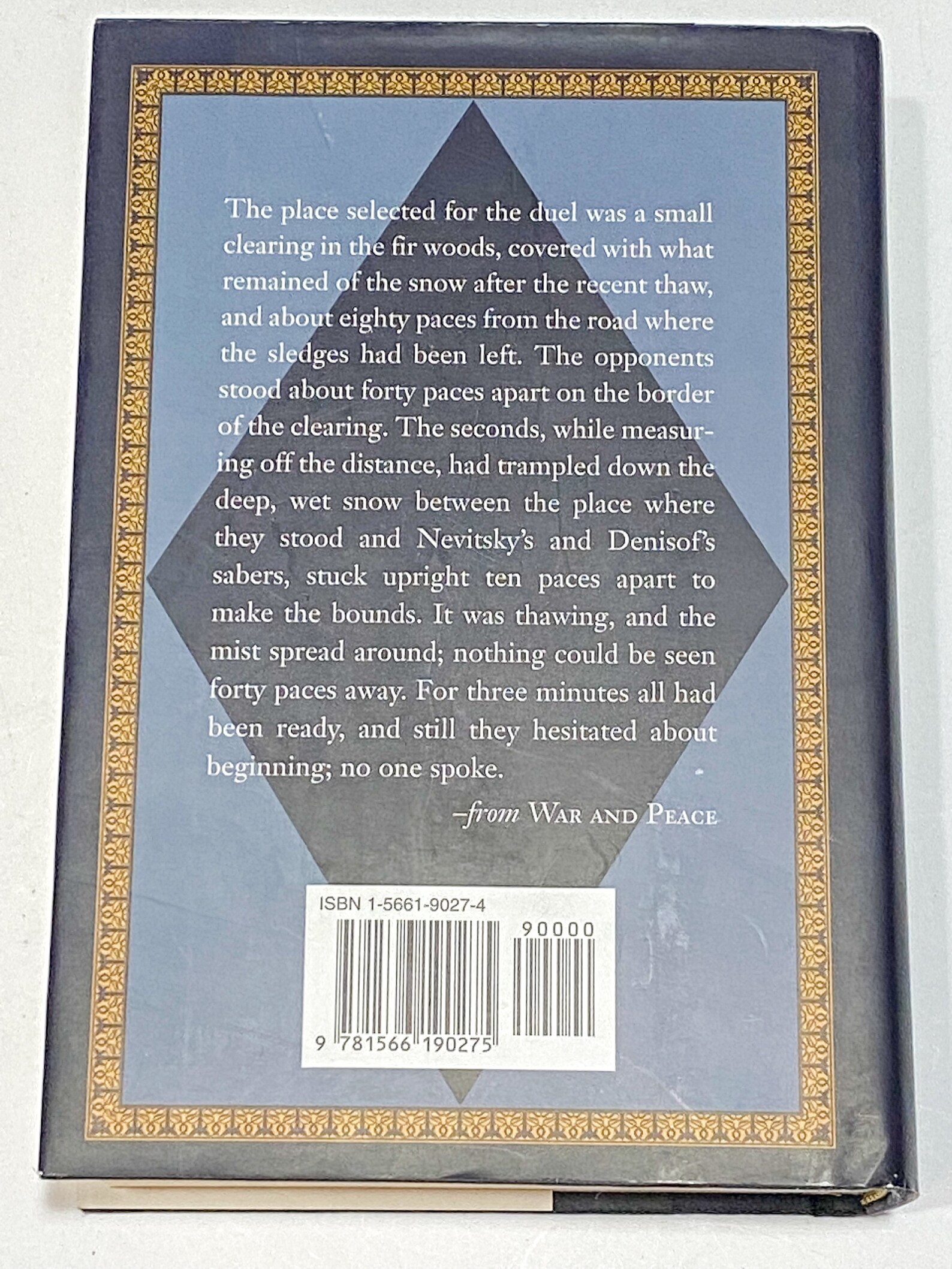


I went back to read it again, then again - it felt so specific to the world of Tolstoy’s creation, but also to right now. I read that passage in mid-July, and it stopped me dead in my tracks. It was long since people had been as gay in Moscow as that year.

So it was now with the inhabitants of Moscow. In solitude a man generally listens to the first voice, but in society to the second. At the approach of danger there are always two voices that speak with equal power in the human soul: one very reasonably tells a man to consider the nature of the danger and the means of escaping it the other, still more reasonably, says that it is too depressing and painful to think of the danger, since it is not in man’s power to foresee everything and avert the general course of events, and it is therefore better to disregard what is painful till it comes, and to think about what is pleasant. With the enemy’s approach to Moscow, the Moscovites’ view of their situation did not grow more serious but on the contrary became even more frivolous, as always happens with people who see a great danger approaching. This moment is depicted by Leo Tolstoy in his sprawling, intimidating novel War and Peace, where he writes (translation by Louise and Aylmer Maude ): So instead of taking precautions, in the absence of what feels like an authority figure who knows what he is doing, the people of Moscow instead decide to just have a good time. Emperor Alexander I has left the city behind, and its inhabitants aren’t certain of what to do next. Napoleon has invaded Russia, and he gets nearer to the city every day. In each edition, find one more thing from the world of culture that we highly recommend. One Good Thing is Vox’s recommendations feature.


 0 kommentar(er)
0 kommentar(er)
